I have this project where I have to connect my Django app with a Chatfuel bot.
I have my admin panel, so whenever I update a field like complete certain task, I have to notify my client through the chatbot that this field change. I read JSON API docs and I noticed that they have an specific "template" to get data from a backend.
What I did is extract all my data from the models through Django Rest Framework and convert it to a JSON. The thing is I don't know how to use this information to work with it in Chatfuel because my JSON hasn't the template that Chatfuel requires.
This is my info extracted from the models.

